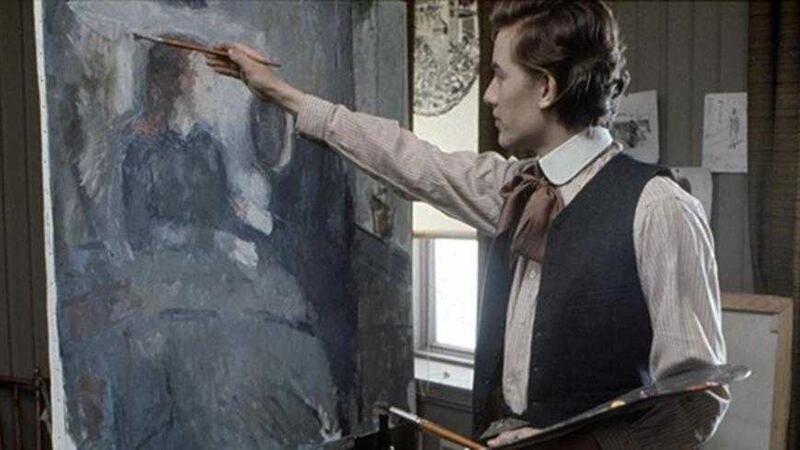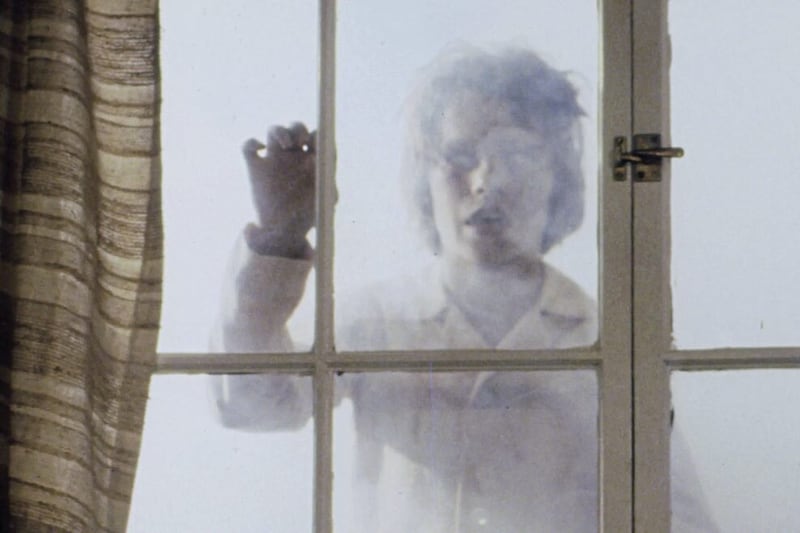PETER Watkins is one of the finest directors in British cinema history. More highly regarded abroad than he’s ever been at home, his work is challenging, inventive and always thought provoking.
His earliest efforts were made for the BBC and it remains astonishing to think that he managed to make such ground-breaking work while labouring under the restraints of Auntie’s natural conservatism in the 60s. That work, like the brilliant Culloden and the still harrowing and horrific tale of Britain post nuclear apocalypse The War Game, led on to odd but wonderful cinema excursions such as Privilege (1967) – a film that pre-empts the miserable world of TV talent shows and political control of the masses – and Edvard Munch (1974).
The latter is a biography of the infamous painter responsible for The Scream. It’s generally accepted that it might just be the film-maker’s finest hour and a brand new Blu-ray release on Eureka DVD reminds us of the magic and wonder Watkins created.
Taking inspiration from a visit to Oslo in 1968 when the young director visited an exhibition of his work, Edvard Munch is a remarkable piece of work.
It commences with Munch in his 20s leading an anti-reality movement in art to paint inner states rather than straightforward images. Dismissed as sick, degraded and obscene, the artist suffered much critical mauling in his life and Watkins winds up his film with the painter suffering a full-blown breakdown and admitting himself to a clinic in Copenhagen.
At the same time his native Norway acknowledges his genius as he becomes a Knight of the Order of St Olav. It’s with that strange mix of success and failure that Watkins unravels his story.
Narrated by the director himself, the film quotes huge chunks of Munch’s diaries and letters and even reminds us of world events happening while the artist honed his art.
All the actors are non-professionals, chosen for their similarity to key figures rather than their thespian abilities, and what they say is from the record rather than embellished for artistic effect.
The tone and structure can be jarring at first but go with the flow and this is powerful stuff.
We get to know all about Munch the human being and his work – always so much more than just The Scream – is explored in depth, with emphasis being put on all his creations including his lithographs, etchings and woodcuts.
Eureka have once again surpassed themselves with the Blu-ray imprint issued this week. There is, most importantly, a director-approved high-definition restoration of the film that jumps from the screen in its bright colours and stunning clarity.
This is the full length version of the film as well and the visuals are supplemented by an exhaustive 80-page book that includes in-depth analysis, a useful Munch timeline and a full self interview with Watkins that reveals the director’s ambitions for his film from first creation to final completion.
A fascinating and long underappreciated gem.








